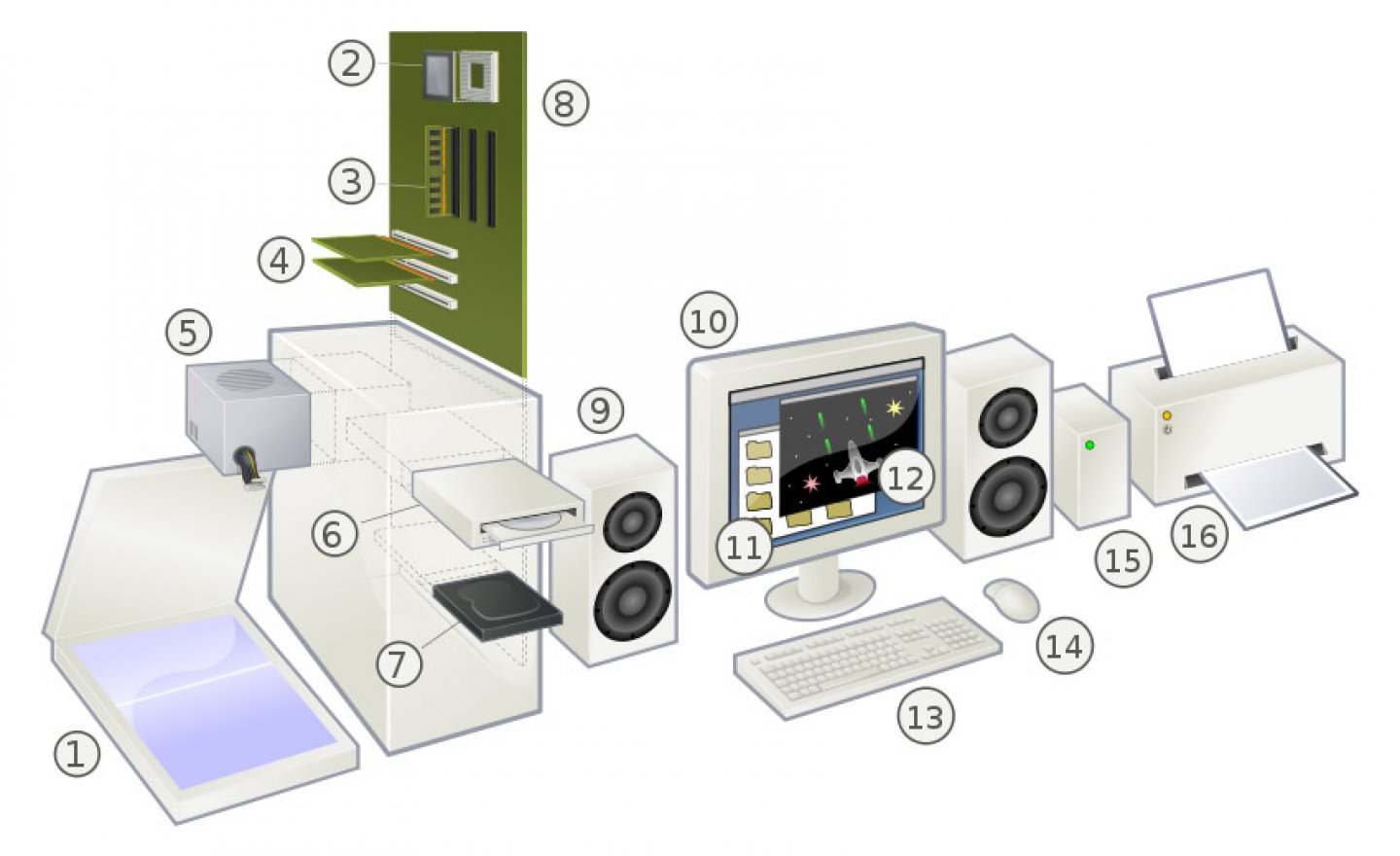From my Notebook >
Dear Developer Who Needs to Freelance For Now

Dear Developer,
I got your name from a friend, a fellow freelancer and a very talented person. He suggested I “try you out” if I have any freelance projects that require a developer. He said you recently lost your job.
I felt bad that you lost your job. It’s a hard time & place to be looking for a job, living in a rural area.
But…that’s odd. Why didn’t my friend just hoard your time and immediately put you to work? He’s got plenty of freelance work to give out, I think. And you have a lot of experience. You’ve been a developer for a long time now. I was impressed by your employment history.
So I called you to talk, but I wrote down some questions beforehand:
- What kind of development skills can you offer?
- Do you use an application development framework?
- Do you use any of the JavaScript frameworks?
- Do you do any front-end development?
- What kind of development work do you prefer?
- Are you interested in any other sorts of non-web development?
My friend told me you worked with PHP. So I was expecting (and hoping) to hear something like this:
“I worked with PHP and MySQL at my last job, and evaluated various frameworks before deciding on X [be that framework or no framework] and here’s why […]. But I’m also interested in learning more about Django and Rails. I used a lot of jQuery because it saved me a ton of time. I prefer work that is challenging, but am open to a broad range of activities. On the side I’ve done some desktop application development and I am really intrigued by mobile devices and mobile apps.”
That would have been a fantastic answer, say, 3-5 years ago. Today it’s a pretty normal answer. I can really use those skills though—they’re still valuable.
But what I heard from you was, “I worked with PHP and MySQL at my last job. I use old-fashioned JavaScript because I like to keep things simple. I’m a technical luddite, not interested in working with mobile devices, and I still have a ‘dumb’ phone.”
You also told me about a well-known script library website that you use for downloading commonly-used snippets of JavaScript. Few of them use anything like jQuery, and many of them rely on very old JavaScript animation tricks. These days we would typically try to use things like CSS3 animation, so mobile users have a bit of a better experience, with CSS3 animation running on their GPU.
Since you did a lot of deep programming, I kept asking about frameworks. I was wondering: How maintainable is your code? You seemed to dodge that line of inquiry, but it’s a phone call; things slip through the cracks. Plus, frameworks don’t write all of the code for you, and I perfectly understand if you decided you could do your own work well enough without one. But I wanted to hear if you even knew that they exist.
You later emailed me more information about your preferred type of website. The way you described it, I didn’t get a good picture of what you meant, or why it was important to you. I wondered if you were trying to defend your own lack of design skills, or really sell me on an extremely small set of features that you felt made a website better.
When I told you what I do, you didn’t seem interested. Well, developers are in high demand, and I don’t need you to be in love with what I’m doing. But if you wanted to work together, I would think you’d at least try to see where our approaches might complement one another.
Finally you told me you were currently freelancing at $30 USD per hour, but were going to be expecting more than that in the future. I should think so. Your hourly pricing sent a strong message to me.
I don’t think I’m some sort of incredibly awesome freelancer. But these things all added up to a strange feeling in my gut.
In the end I went back to my friend and told him that you seemed like a very talented person. I told him your work experience and attitude made me feel like you’d be a good full-time developer for a single company, where you could do deep work over a long period of time. But for freelance work, the requirements are different. Freelancers need a broad range of relatively up-to-date skills. We want to work with people who can communicate, empathize, and remain open to new ideas.
I told my friend all of that.
He said, “that’s what I thought, too.”

 Friendlyskies.net
Friendlyskies.net